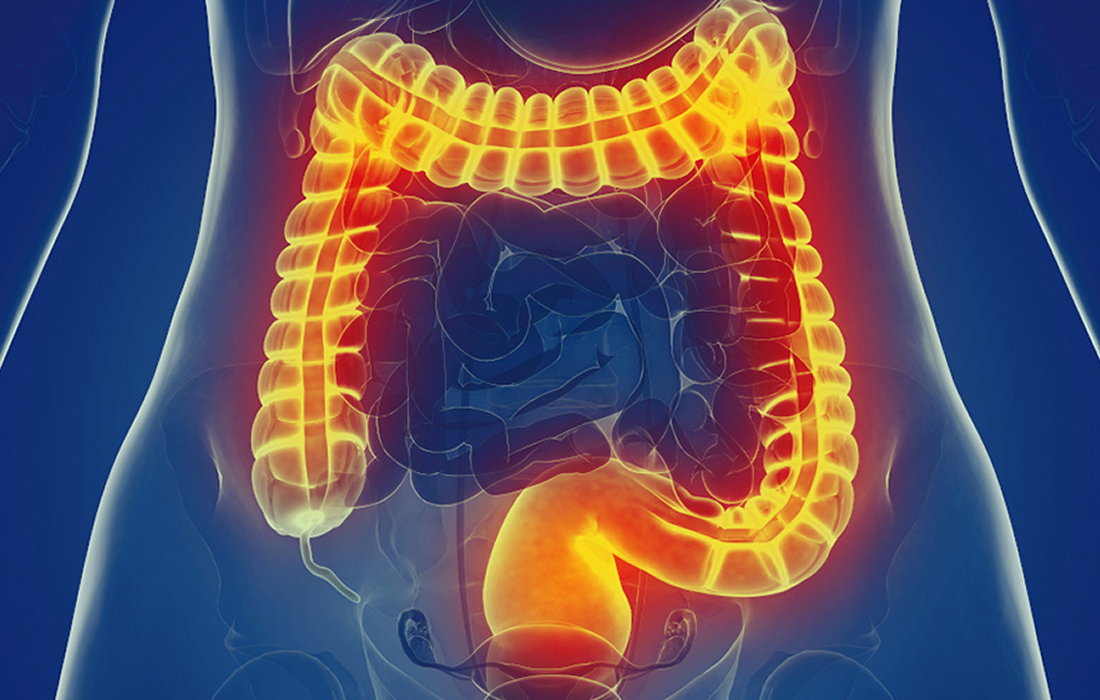Regenerative Medicine News and General Information
Can Anxiety and Irritable Bowel Syndrome Be Related?
What is Irritable Bowel Syndrome?
Irritable bowel syndrome (IBS) is a common disorder that affects the large intestine. Signs and symptoms include cramping, abdominal pain, bloating, gas, and diarrhea or constipation, or both. IBS is a chronic condition that you’ll need to manage long term.
Only a small number of people with IBS have severe signs and symptoms. Some people can control their symptoms by managing diet, lifestyle and stress. More-severe symptoms can be treated with medication and counseling. IBS doesn’t cause changes in bowel tissue or increase your risk of colorectal cancer.
Signs and symptoms vary but are usually present for a long time. The most common include:
- Abdominal pain, cramping or bloating that is related to passing a bowel movement.
- Changes in appearance of bowel movement.
- Changes in how often you are having a bowel movement.
IBS is common worldwide and typically presents in early adulthood. Symptom intensity varies over time and between individuals but IBS has been reported, in severe cases, to affect quality of life as much as renal impairment or diabetes.
New International Study
A new study involving more than 50,000 people with IBS has revealed that IBS symptoms may be caused by the same biological processes as conditions such as anxiety. The research highlights the close relationship between brain and gut health and paves the way for development of new treatments.
The study included more than 40 institutions and coordinated by scientists in UK and Spain, looked at genetic data from 40,548 people who suffer with IBS from the UK Biobank and 12,852 from the BEllygenes initiative (worldwide study aiming to identify genes linked to IBS) and compared to 433,201 people without IBS.
The results showed that overall, heritability of IBS is quite low, indicating the importance of environmental factors such as diet, stress and patterns of behaviour that may also be shared in the family environment.
Researchers also looked for overlap between susceptibility to IBS and other physical and mental health conditions. They found that the same genetic make-up that puts people at increased risk of IBS also increases the risk for common mood and anxiety disorders such as anxiety, depression, and neuroticism, as well as insomnia. The researchers stress that it doesn’t mean that anxiety causes IBS or vice versa.
They also found that people with both IBS and anxiety were more likely to have been treated frequently with antibiotics during childhood. They hypothesise that this repeated use of antibiotics might increase the risk of IBS by altering the normal gut flora which influence nerve cell development and mood.
One of the investigators Professor Miles Parkes from the University of Cambridge explained in an interview: “IBS is a common problem, and its symptoms are real and debilitating. Although IBS occurs more frequently in those who are prone to anxiety, we don’t believe that one causes the other – our study shows these conditions have shared genetic origins, with the affected genes possibly leading to physical changes in brain or nerve cells that in turn cause symptoms in the brain and symptoms in the gut.”
Researchers think that their results may influence and aid in the development of new treatments in the long term.
Sources:
Eijsbouts, C., Zheng, T., Kennedy, N.A. et al. Genome-wide analysis of 53,400 people with irritable bowel syndrome highlights shared genetic pathways with mood and anxiety disorders. Nat Genet 53, 1543–1552 (2021). https://doi.org/10.1038/s41588-021-00950-8
https://www.mayoclinic.org/diseases-conditions/irritable-bowel-syndrome/symptoms-causes/syc-20360016
Image from:
https://gastrohealth.com/conditions/irritable-bowel-syndrome-ibs

